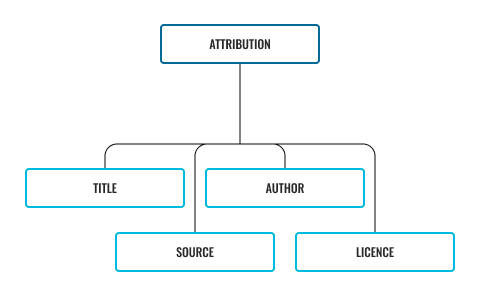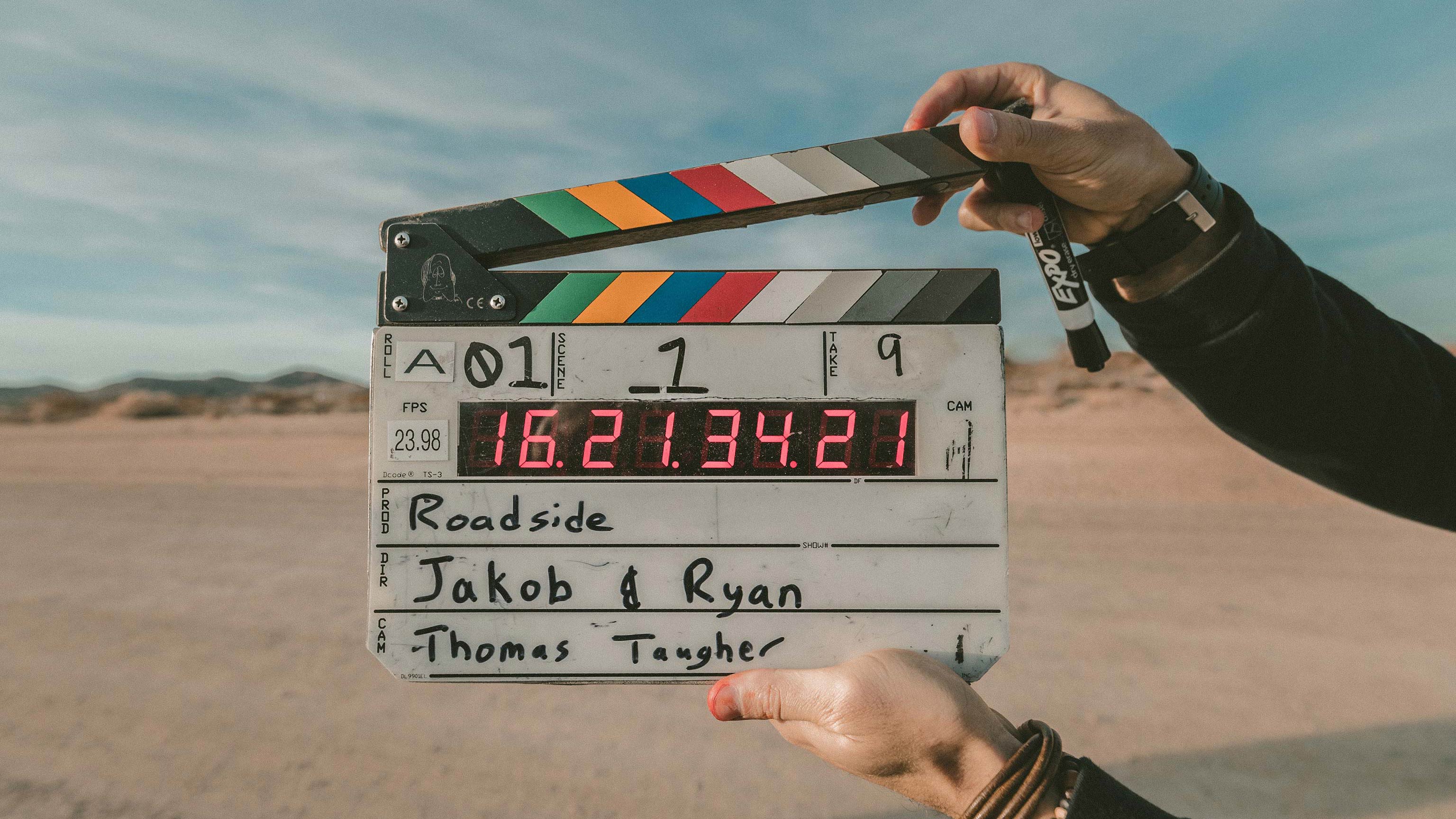Copyright in films is generally owned by the person who organised for the film to be made, unless there is another agreement in place. This can include the production company, the producer or the company that commissioned the film.
Copyright in films is led by the copyright law of the country in which the film was made.
The visual images and soundtrack, that together comprise a film, are all protected by copyright. This includes feature films, documentaries, short films, home videos, animated films, video clips and television.
'Attribution' can be cited as the act of attributing something especially: i.e. the ascribing of a work (as of literature or art) to a particular author or artist.
Attribution requires people who use your work to attribute it to you. They have to let people know that you are the creator or licensor of your work.
A general rule-of-thumb is to always include:
- Title
- Author
- Source
- Licence.

It is important to check if the creator has created an attribution already. If they have, go with that.
For video attribution, this usually appears on the screen at the start of the production.
| Licence | Abbreviation | Buttons |
|---|---|---|
| Attribution | BY |
|
| Attribution, Share Alike | BY SA |
|
| Attribution, No Derivative Works | BY ND |
|
| Attribution, Noncommercial | BY NC |
|
| Attribution, Noncommercial, Share Alike | BY NC SA |
|
| Attribution, Noncommercial, No Derivative Works | BY NC ND |
|
Source: creativecommons.org

